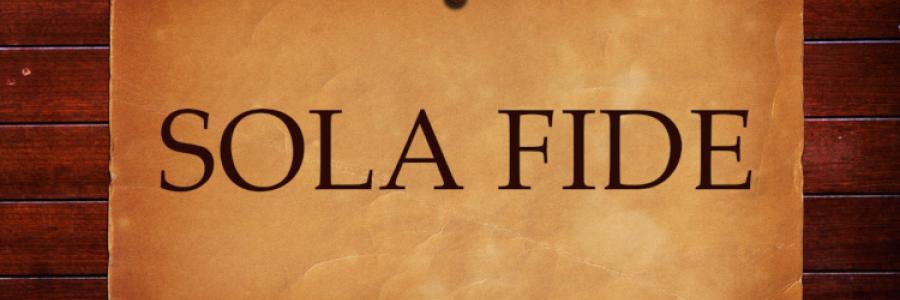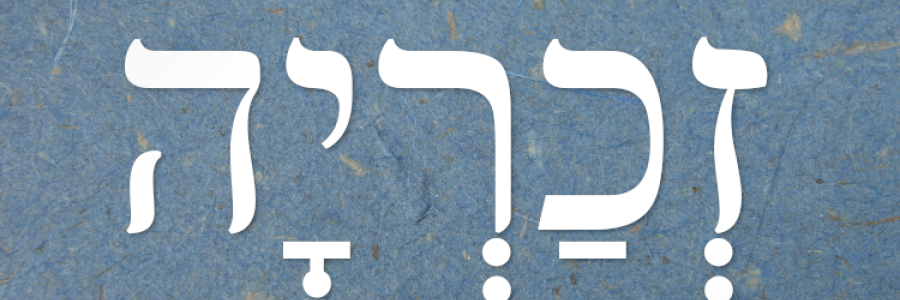Podcast: What is Federal Visionism and why does it matter?
Body
“It seems that, even though the movement has been condemned by the NAPACC denominations over a decade ago, Federal Vision is still alive and well in Reformed circles. Some observers believe the “sympathizer’s club” may be growing!” - Ref21



Discussion